
Making a difference in Ukraine and raising awareness of the conflict is the primary goal of Sunflower Seeds Inc., a non-profit humanitarian aid group based out of Huntington.
According to their website, the vision of Sunflower Seeds is to “mobilize Huntington and the surrounding Tri-State to support Ukrainians in their efforts to preserve their democracy, ease suffering and rebuild housing and infrastructure.”
John Yeager, the president of Sunflower Seeds, said he and the vice president, Patrick Grace, were motivated to do something by all the videos of suffering they had been seeing in the spring and summer of 2022 after the war began.
“We were seeing all the terrible videos of children being separated from their fathers and family and being put on trains to head to Poland as refugees. Millions and millions of them at that point,” Yeager said. “So Patrick approached me and said, ‘John, we need to do something. I’m going to go talk to the mayor of Huntington,’ and I said rather sarcastically, ‘Well, good luck with that.’”
Yeager said the mayor of Huntington at the time, Steve Williams, had felt a desire to help after attending a conference call of mayors around the country with the mayor of Kyiv, the capital city of Ukraine.
“He finally got a chance to talk to the mayor, who had in March been at a national mayor’s conference, and they got together with the mayor of Kyiv on Zoom, who was begging for help,” Yeager said. “So, the mayor had a heart for this. We thought he might create a mayor’s advisory council for this, but he said, ‘No, you all need to get some folks together and be a non-profit.’”
Sunflower Seeds works with partners across the globe, including partners in France and with Helping Hands for Ukraine in Ridgewood, New Jersey, another humanitarian aid group that was founded by Ukrainians. The organization donates medical, food and hygiene items to Ukrainian refugees in Poland and to medics on the frontlines.
Sunflower Seeds has two primary avenues through which it sends its aid, referred to as the “Orange Connection” and the “New Jersey Bypass,” respectively. With the Orange Connection, they send their proceeds to partners in the city of Orange in France, where supplies are then sent to Jarosław, Poland, to be given to Ukrainian refugees. In the New Jersey Bypass, they send their aid to Helping Hands for Ukraine in New Jersey, who then send the supplies to Ukraine.
Yeager said the Orange Connection was made possible by Sandrine Pierre, the secretary on the board of Sunflower Seeds.
“The mayor said to find some people and put together a board. So, one of the people I thought of is the wife of a friend of mine, Dr. Sandrine Pierre,” Yeager said. “She was born in the city of Orange, France. We were meeting, and she had went to France and found out that her hometown was a sister city with Jarosław, Poland.”
Because of its proximity to the border with Ukraine, Yeager said Jarosław had been the destination of many Ukrainian refugees fleeing the start of the Russian invasion.
“Jarosław is about 25 miles from the Ukrainian border, so when the war began, they were being overrun with refugees. You can imagine a vacant store the size of a Walmart. It was a crib next to a bed next to a crib next to another bed, just packed like sardines,” Yeager said. “The city of Orange started collecting medical equipment, food, clothing – whatever they could.”
Pierre said she worked with a local translator born in Jarosław to help coordinate the delivery of supplies through the Orange Connection.
“There was this Polish woman born in Jarosław who was able to be a translator between the mayor of Jarosław and the mayor of Orange because she’s fluent in both Polish and French,” Pierre said. “I contacted her, and we were able to begin helping with her initiatives, which were to send truckloads of supplies to Jarosław that were filled with anything from medical beds, diapers, medical supplies, anything according to the lists of the needs of the refugees there.”
Yeager said the collaboration with Helping Hands for Ukraine came because they were looking for a non-profit organization similar to their own.
“We checked out several possibilities, but we didn’t want to hook up with anybody who had any employees. We wanted a group that was like us. Everybody’s a volunteer, nobody gets paid because we want as much money as possible to go towards medical supplies and so on,” Yeager said. “So I investigated a couple and then we found out Helping Hands for Ukraine was very much like us, a 501(c)(3) non-profit operating out of their garage in Ridgewood, New Jersey.”
Their collaboration operates by Sunflower Seeds donating funds to Helping Hands, which then handles ordering and shipping the medical equipment.
“We send them the money for the supplies, she orders the supplies and has them sent to hospitals and medics in Ukraine,” Yeager said.
According to their website, in collaboration with their partners in France, six convoys have been organized, each transporting over a ton of supplies to Ukraine, including food, hygiene items, medical supplies and pharmaceuticals. Their collaboration with Helping Hands for Ukraine has produced over 50 shipments of medical supplies to medics on the frontlines. The New Jersey Bypass has provided a total of $16,730 to Helping Hands throughout the course of their partnership, all of which has been spent on critical medical supplies for the frontline.
The Orange Connection has produced over $15,467, which has resulted in 13,200 pounds of aid being sent over the course of six trips. The supplies sent through the Orange Connection include humanitarian supplies that go to improve the quality of life and comfort of Ukrainian refugees in Jarosław, Poland.
To date, Sunflower Seeds has raised $60,000 in cash and thousands more in-kind contributions across all of its efforts.
Sunflower Seeds has also collaborated with a podcast led by a group of Marshall professors titled MUkraine. Through MUkraine, they have helped bring awareness to the issues facing Ukrainian refugees and tell the stories of volunteers serving in Ukraine and refugees fleeing the conflict. Several of the people involved with MUkraine are also on the board of Sunflower Seeds.
Larry Sheret, Sunflower Seeds board member and member of the MUkraine podcast, said the idea for the podcast came from Victor Fet, professor at Marshall who was born in Ukraine.
“The idea came from Victor Fet. He was born in Ukraine, and most of his life, he was raised in Russia. He has a foot in both countries, and he knows what Russia is like,” Sheret said. “When the war happened, Victor was very upset with what was happening. He wanted to do something, and he thought, ‘Is there any way we could have a video with people over in Ukraine so we could get first-hand accounts of what’s going on?’ and I said, ‘Well, I don’t see why not.’”
Sheret said that MUkraine and Sunflower Seeds have collaborated closely since first collaborating a year after Sunflower Seeds was founded.
“Sunflower Seeds got air of what we were doing, probably through Sandrine. We were asked to come to a meeting, Victor and I, so we did. They were planning on the first year commemoration of the war, and they asked for our participation, so we were glad to help them out,” Sheret said. “They asked if we would become board members, so we became board members, basically a year after Sunflower Seeds was founded. We’ve had more and more collaboration.”
Sheret said he believes the collaboration between Sunflower Seeds and MUkraine is highly important as MUkraine is essential for increasing awareness and archiving the experiences of people who’ve witnessed what’s happening in Ukraine.
“I see it as being really important because not only is it informative to the university and people who want to participate, it’s good for the people from Ukraine and scholars from all over the world who provide insights and personal experiences and what they’ve witnessed,” Sheret said. “We’re building an archive of that material.”
Yeager said the collaboration between Sunflower Seeds and MUkraine is essential because they complement each other by providing two different things: hope and awareness.
“This is important. Our primary product, if you will, is hope. We provide hope to those who receive our medical supplies. We provide hope for people who are looking for an outlet to do something towards helping the Ukrainians in a humanitarian way,” Yeager said. “MUkraine, their main product is awareness. We’ve collaborated with them quite a lot. We’ve been guests on their video podcast several times.”
Since the beginning of the Trump administration, the United States’ policy towards Ukraine has taken a turn with significantly decreased aid and assistance. President Donald Trump and Vice President J.D. Vance publicly confronted Ukrainian President Volodymyr Zelenskyy in the Oval Office. Trump had previously described Zelenskyy as a “dictator” and said he had done a “terrible job.”
However, Yeager has said the government’s shifting policies towards Ukraine have not impacted his organization’s humanitarian efforts, as they rely on private funding. He said he had seen an increase in funding in the aftermath of Zelenskyy’s visit.
“We are independently funded, so we don’t have any grants or anything like that. It has actually helped our awareness,” Yeager said. “People were displeased with the way that Zelenskyy was treated in the Oval Office, and so they were able to voice their displeasure and take action by providing us with financial resources, so kind of an ironic little twist there.”
Yeager said he believes that the United States should help all people, not just its own citizens, as it has the resources to do both.
“Early on, the one thing that we were criticized in like, comments on Facebook were, ‘You know, well, America needs to help Americans first,’ and so on,” Yeager said. “Our response to that is that this country has enough resources to do both. We are the richest nation by far. There shouldn’t be people in need in these United States or anywhere.”
Everyone who works with Sunflower Seeds is trying to spread their own message, and their work is important to them for their own reasons. Yeager said his time at Sunflower Seeds has caused him to become more and more invested in spreading awareness of the plight of the Ukrainian people.
“You meet, and you talk to people 5,000 miles away who are going through a real hell. Then you get to meet a family of seven who lives, you know, between Kyiv and the eastern front, with bombs going over their heads,” Yeager said. “I’m trying to articulate this, but you become invested emotionally in trying to get that message to people that people are suffering 5,000 miles away.”
“We have to remain constantly vigilant in getting this message out any way we can,” Yeager said.
Pierre said she felt a special sensitivity to the importance of the Ukrainian struggle for freedom and survival due to her father-in-law having served in World War II against Nazi Germany.
“My father-in-law was among the soldiers who helped liberate France during World War II, so I have that connection, and I think heightened sensitivity of how important it is to maintain the peace worldwide and in Europe,” Pierre said. “It was so heartbreaking to me to see these peaceful Ukrainians have to flee the country or fight for their country.”
Pierre said the primary message that she thinks she’s taken from her time at Sunflower Seeds is the power of community and how important it is to help people, no matter how far away they are.
“I think it’s really about the power of community. What is so powerful to the people of Ukraine is that it can be isolating to fight the way they do, and sometimes they may think that people don’t know or don’t care,” Pierre said. “But then they receive our help that we are able to send, and there’s always a message, and they send us pictures, and it’s a true connection to me. A true connection between this small community somewhere on the planet and another.”
Sheret said he’s trying to spread a message of caring about other people’s suffering by working with Sunflower Seeds.
“We care about suffering people. We want them to know that we care,” Sheret said. “The other thing, I think, is that we’re probably a little selfish. We want to know that we’re doing something.”
At the end of the day, Sheret said he believes the connections everyone has built at Sunflower Seeds and the shared work they’re doing will last beyond the war in Ukraine.
“It’s been rewarding for me to work with a large variety of people. In the end, that’s what’s going to last,” Sheret said. “Someday, the war in Ukraine is going to be over, but the connections that we’ve made will continue.”
Ashton Pack can be contacted at pack173@marshall.edu.


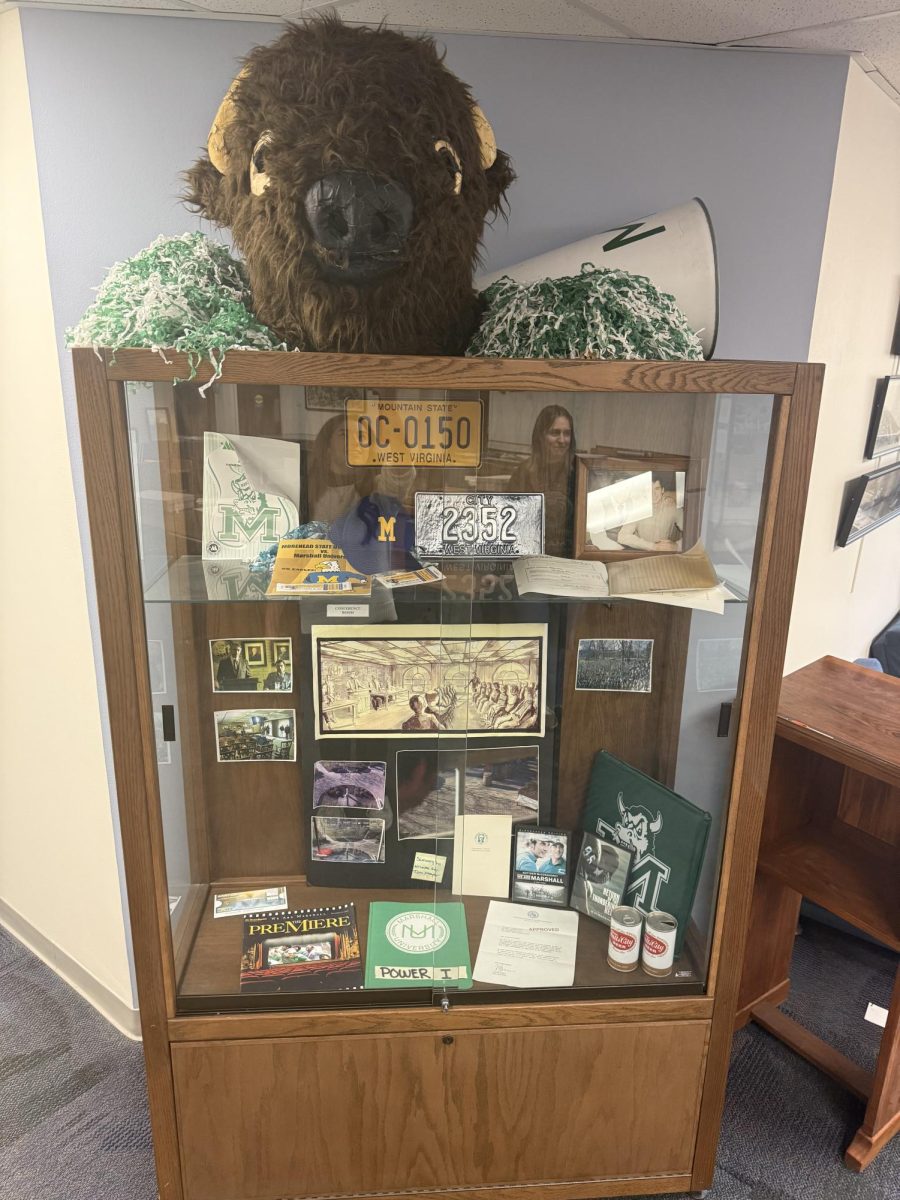


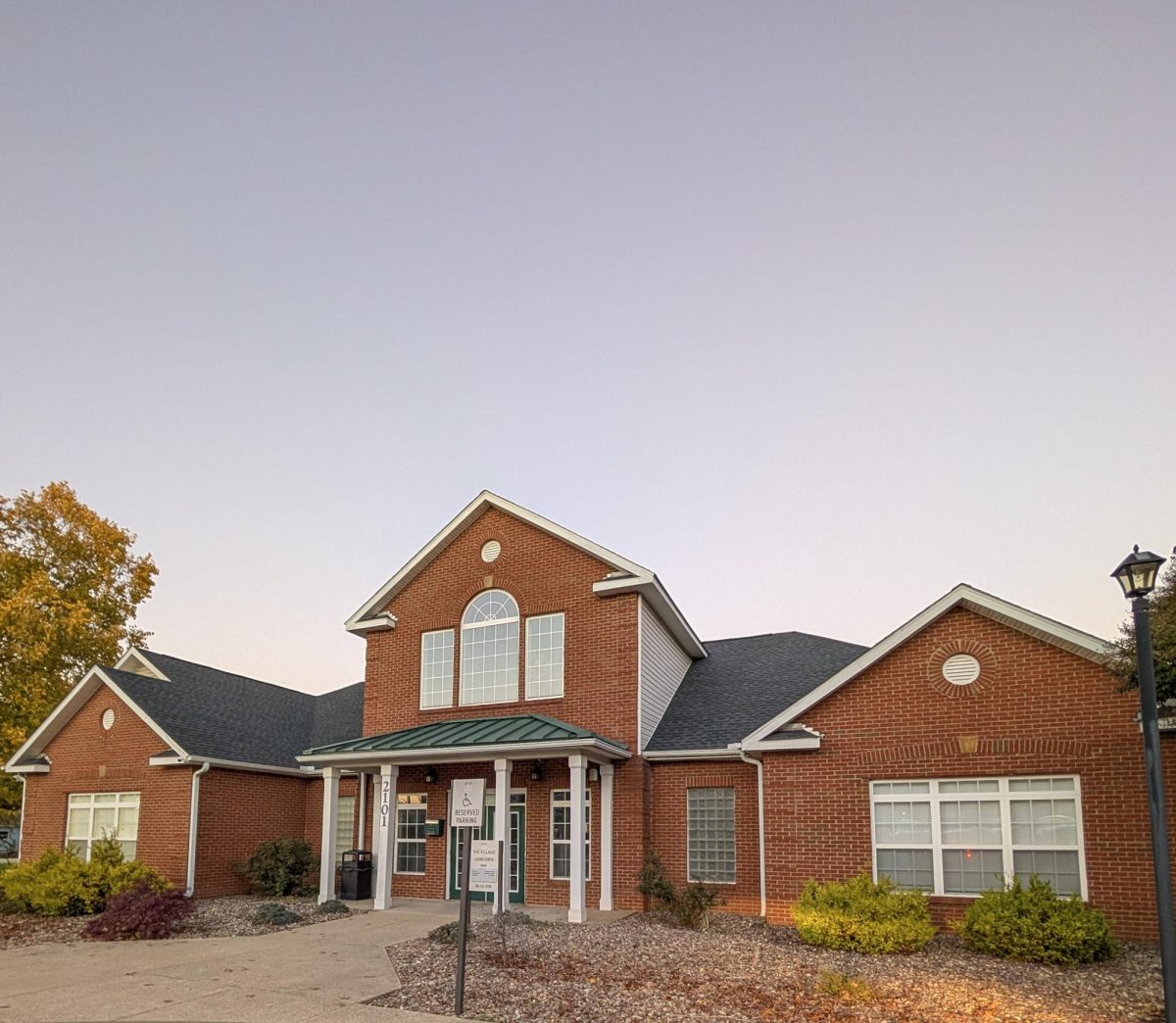





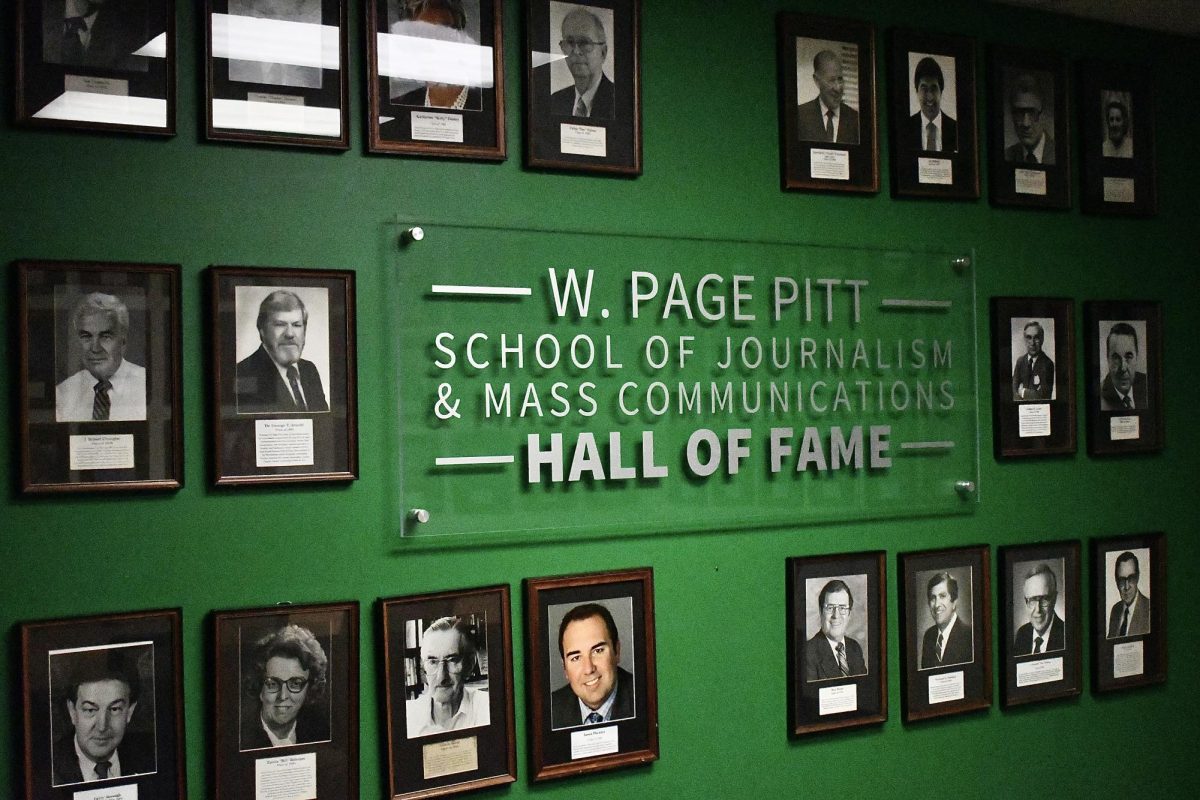
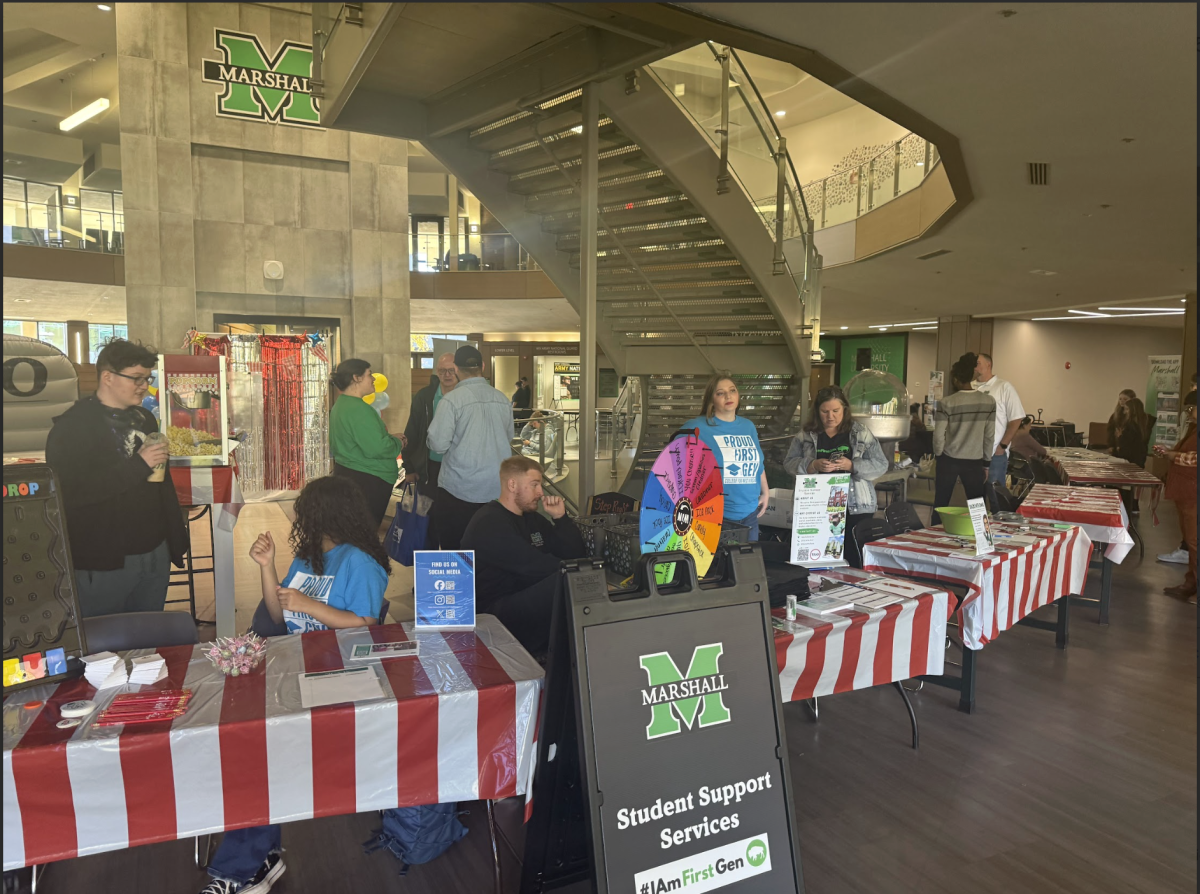
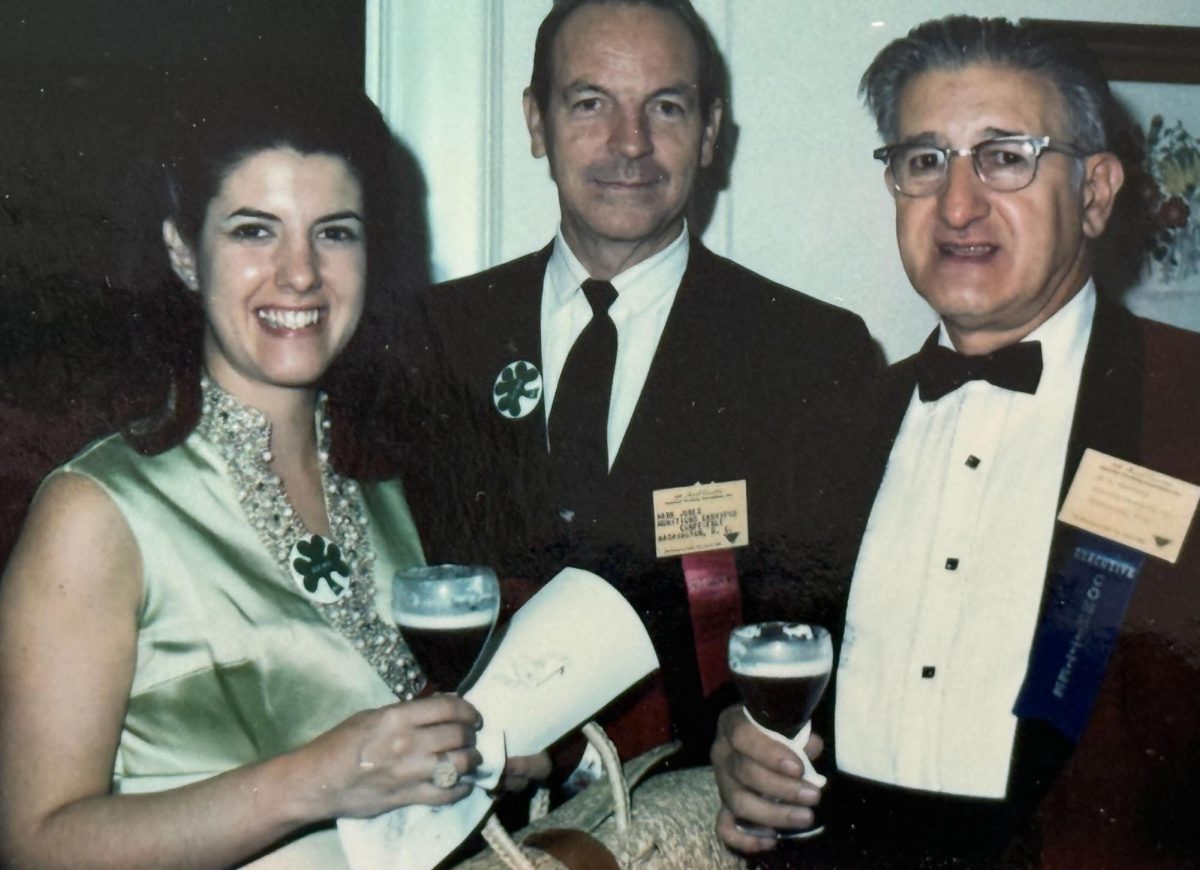
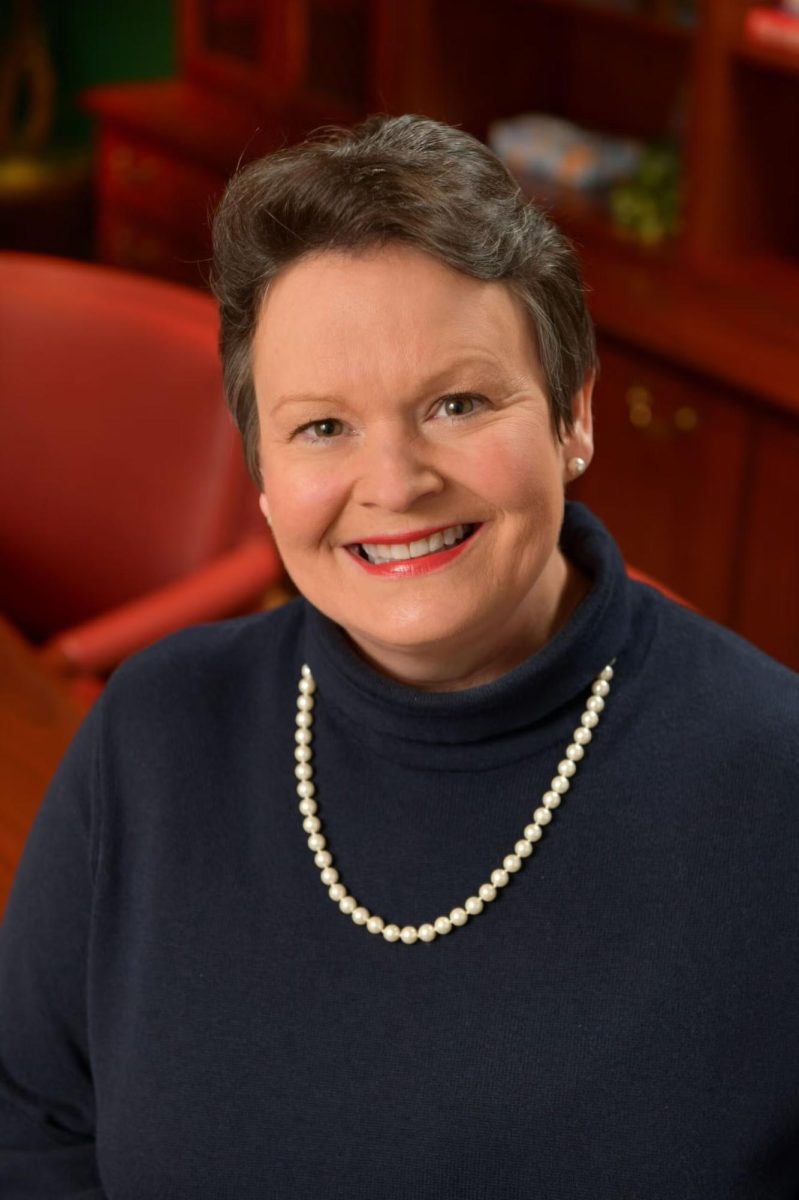

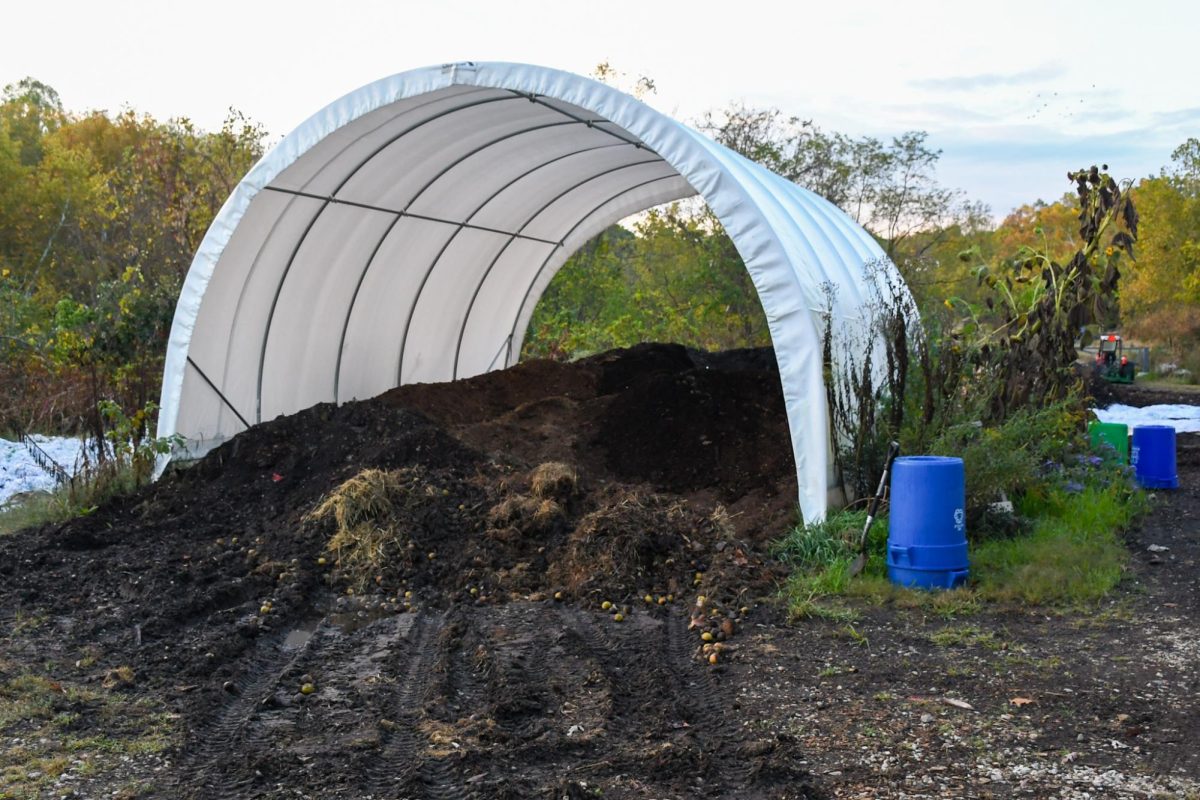
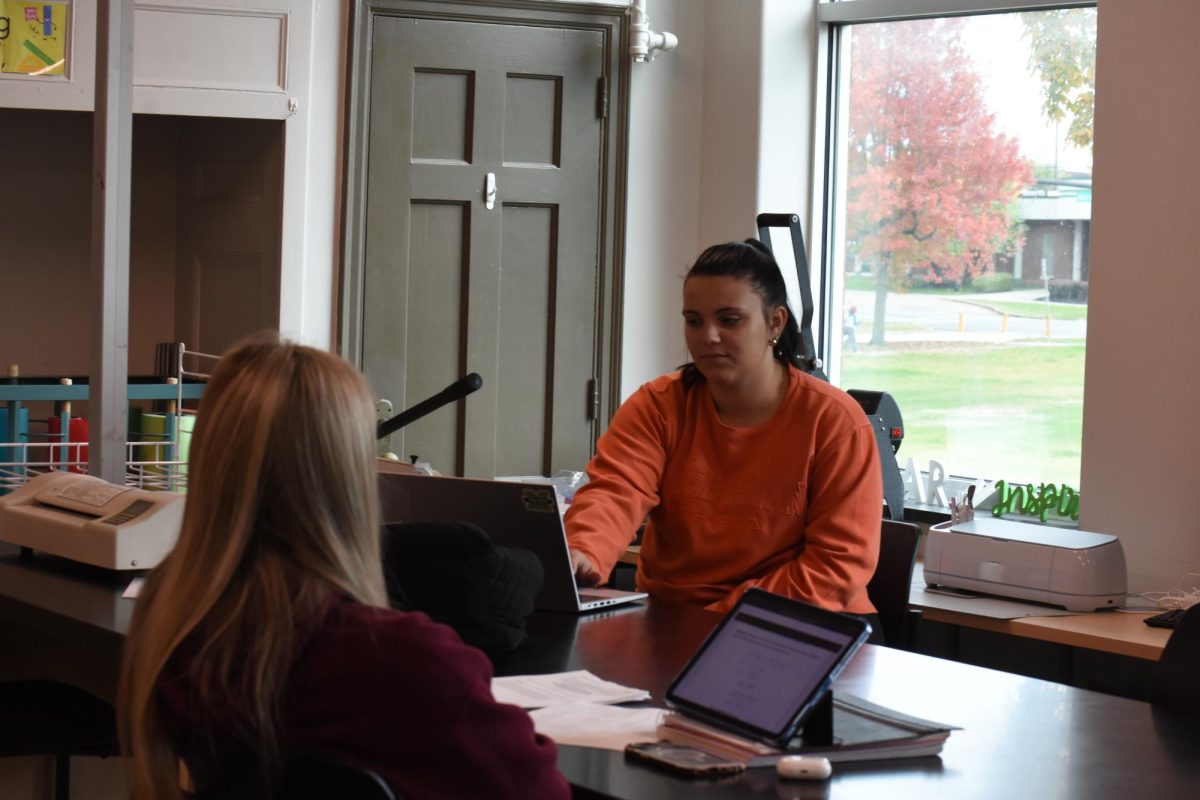


John Yeager • May 12, 2025 at 4:53 pm
Great article Ashton